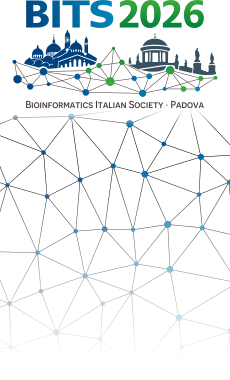HPND12 - Hunting for Promoters with NGS data
with Alexander Kel, Martin Enge and Chritian Zinser
Course description:
This course is set-up to review the basic principles of gene regulation, first of all, by prediction of promoters and distant enhancers and silencers and by analysis of structure of the gene regulatory regions and identification of binding sites for transcription factors. The most intriguing parts of genomes, still hiding from clear understanding, are the gene regulatory regions -- promoters and enhancers. Analysis and prediction of the regulatory sites in the genome, which is now a hot topic as a result of the growth of the number of newly sequenced genomes, and the result of high throughput sequencing methodologies becoming commonplace. Also, the introduction of high throughput-sequencing based techniques for genome-wide epigenetic analysis such as ChIP-seq has revolutionized our ways for studying the gene regulatory mechanisms. of First of all, effective and robust methods for annotation of new genomes are urgently needed now.But also, recognition and analysis of these areas in the new and existing genomes becomes one of the most important parts of understanding the mechanisms of genome functioning. In this course, the attendees will learn several techniques of finding promoters and enhancers and the principles on which these methods are based. Through "hands on" exercises, several analytical tools will be displayed and the results citicized in the light of assessing their reliability and the possibilities that they open of assigning gene function based on automatic prediction. Also, the course will include an overview of the state of the art in lab techniques for studying gene regulation as well as a detailed account of data analysis for the more commonly used techniques such as ChIP-seq.
Objectives
The course will consist of lectures that lay out the conceptual framework as needed and and "hands on" exercises will provide the practical insight on the use of the methods, gradually, in order to produce skills that can be used with a relatively high degree of independence. Participants will know how to set-up some of the programs, and use publicly available servers for more complex analytical jobs, in an informed fashion, so that they fully understand the output generated and how its quality can be assessed. Participants will also learn the novel principles of organization of gene regulatory regions, which will help them to interpret their results of genomics and transcriptomics studies.
Target Audience:
The course is directed to researchers in biology, bioinformatics, biochemistry and medicine. Background knowledge in elementary bioinformatics is not absolutely necessary, but can be very useful.
Please note that the PathProt brainstorming event takes place on the week just before this course. You will need to register in PathProt separately, though. Please use its specific PathProt website
Course Pre-requisites:
Basic biochemistry. Elementary computing skills
Futher details, including application instructions available at
http://gtpb.igc.gulbenkian.pt/bicourses/HPND12
Società Italiana di Bioinformatica
Sede legale Viale G. Mazzini, 114/B – 00195 Roma
C.F. / P.IVA 97319460586
C.F. / P.IVA 97319460586
© 2003-16 • designed by esthos • powered by sciencedev




